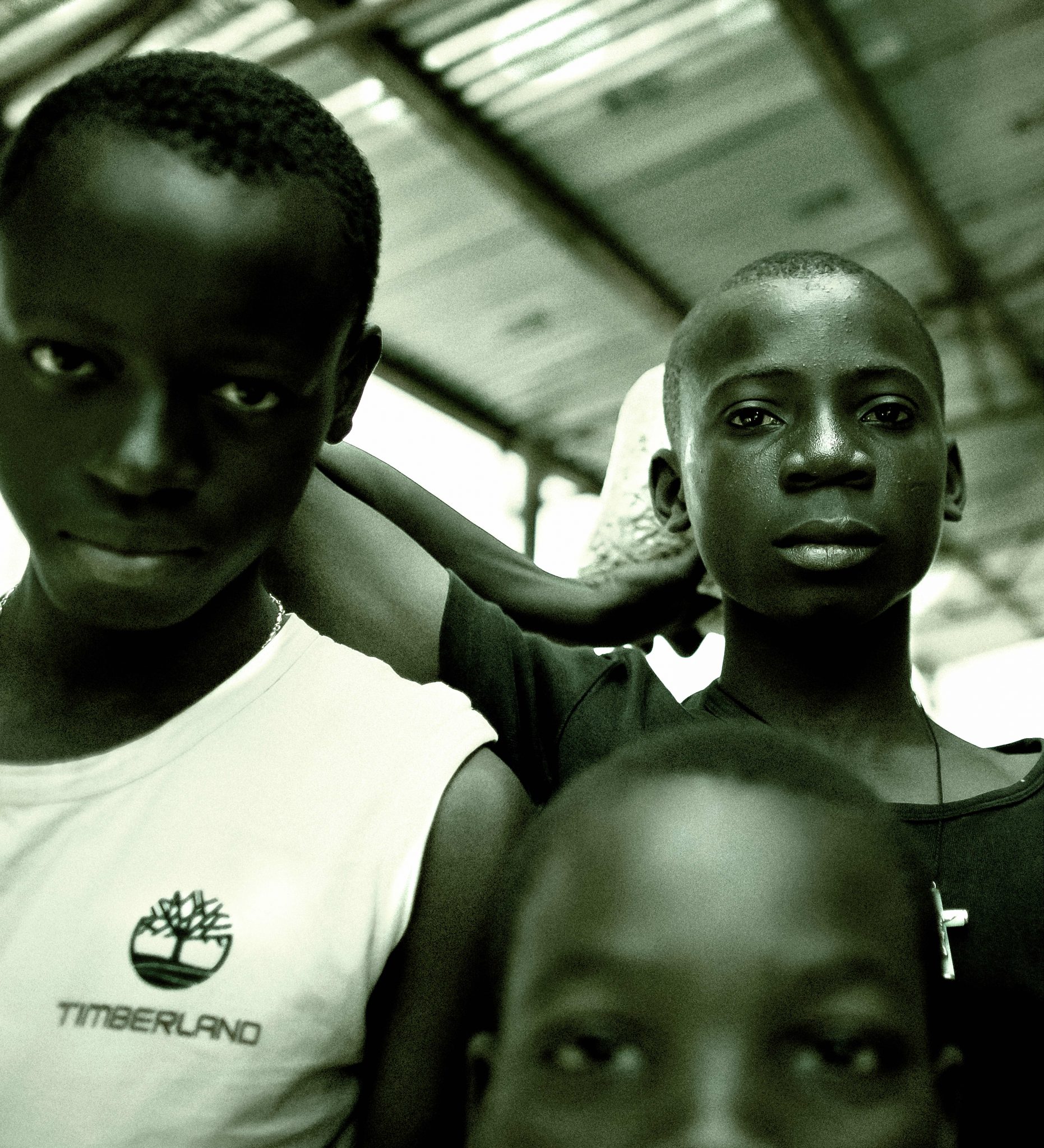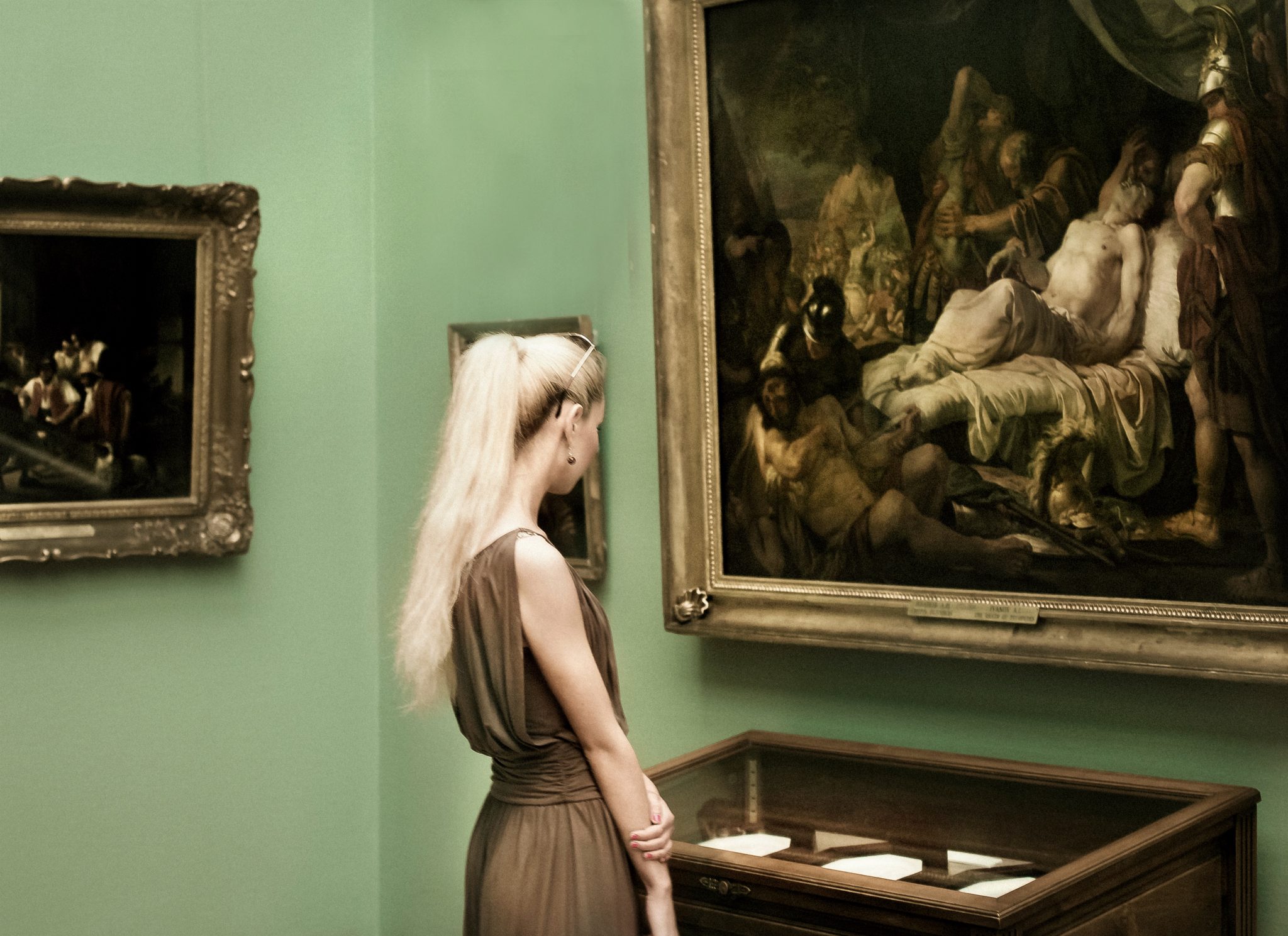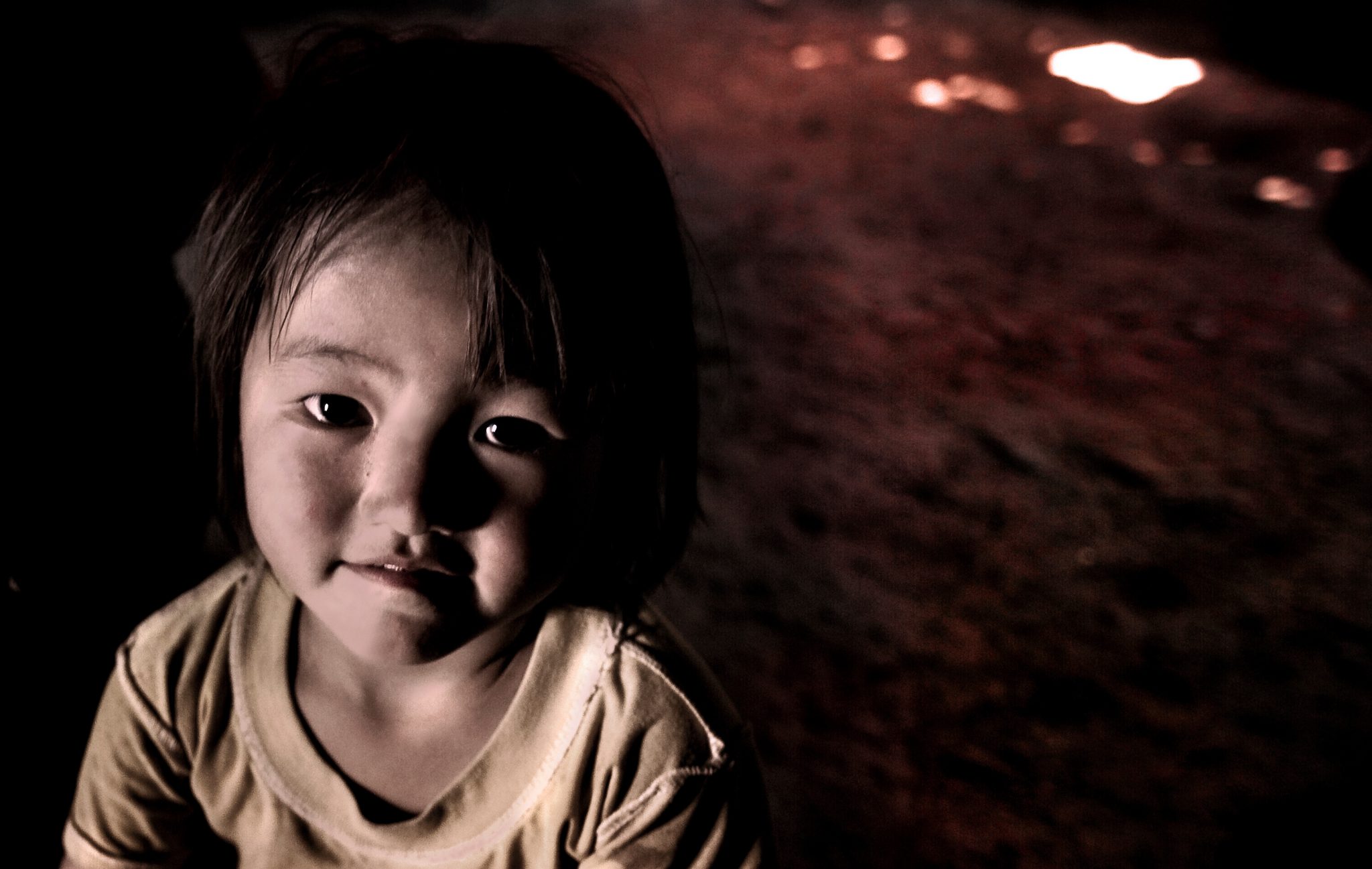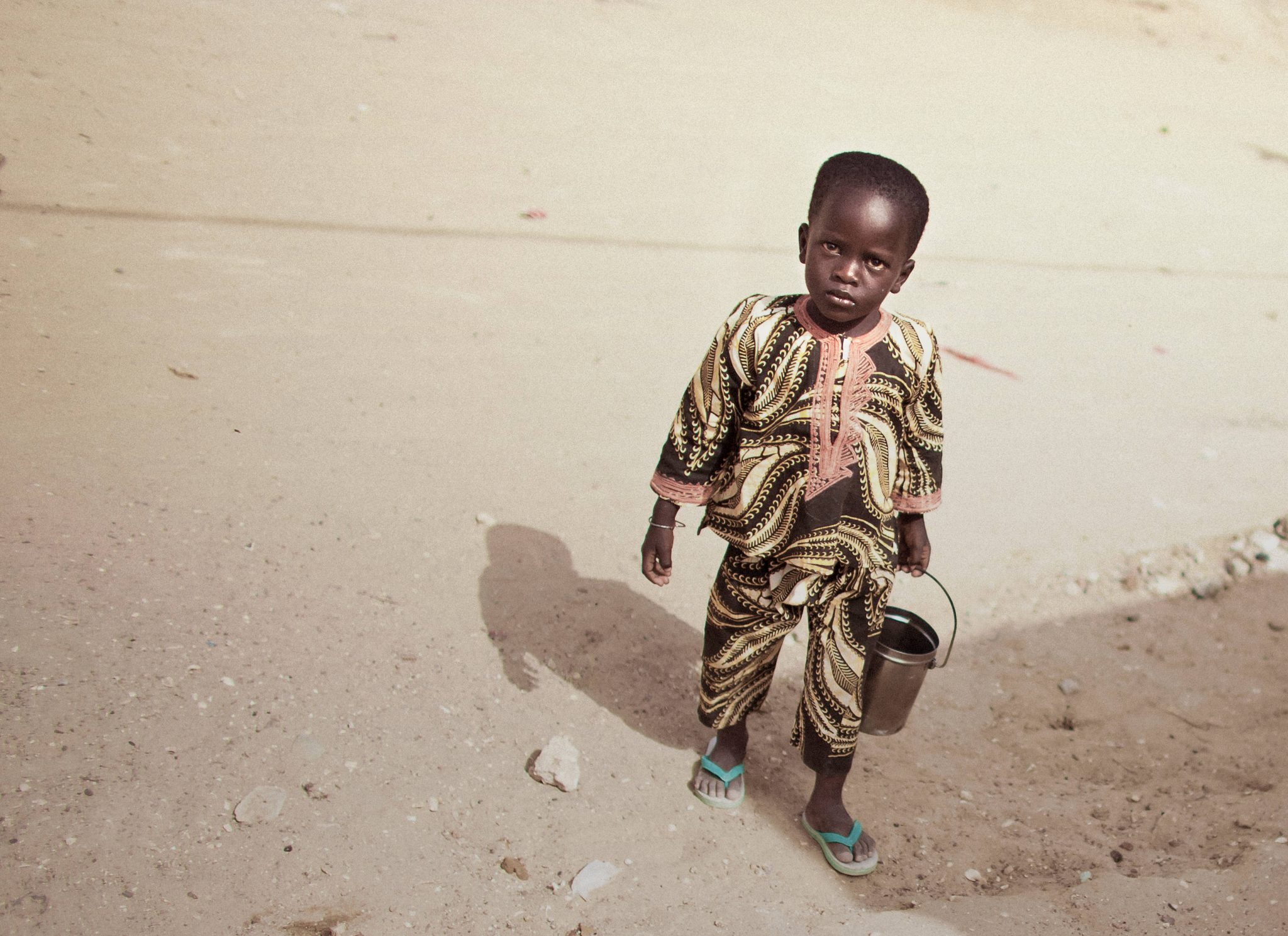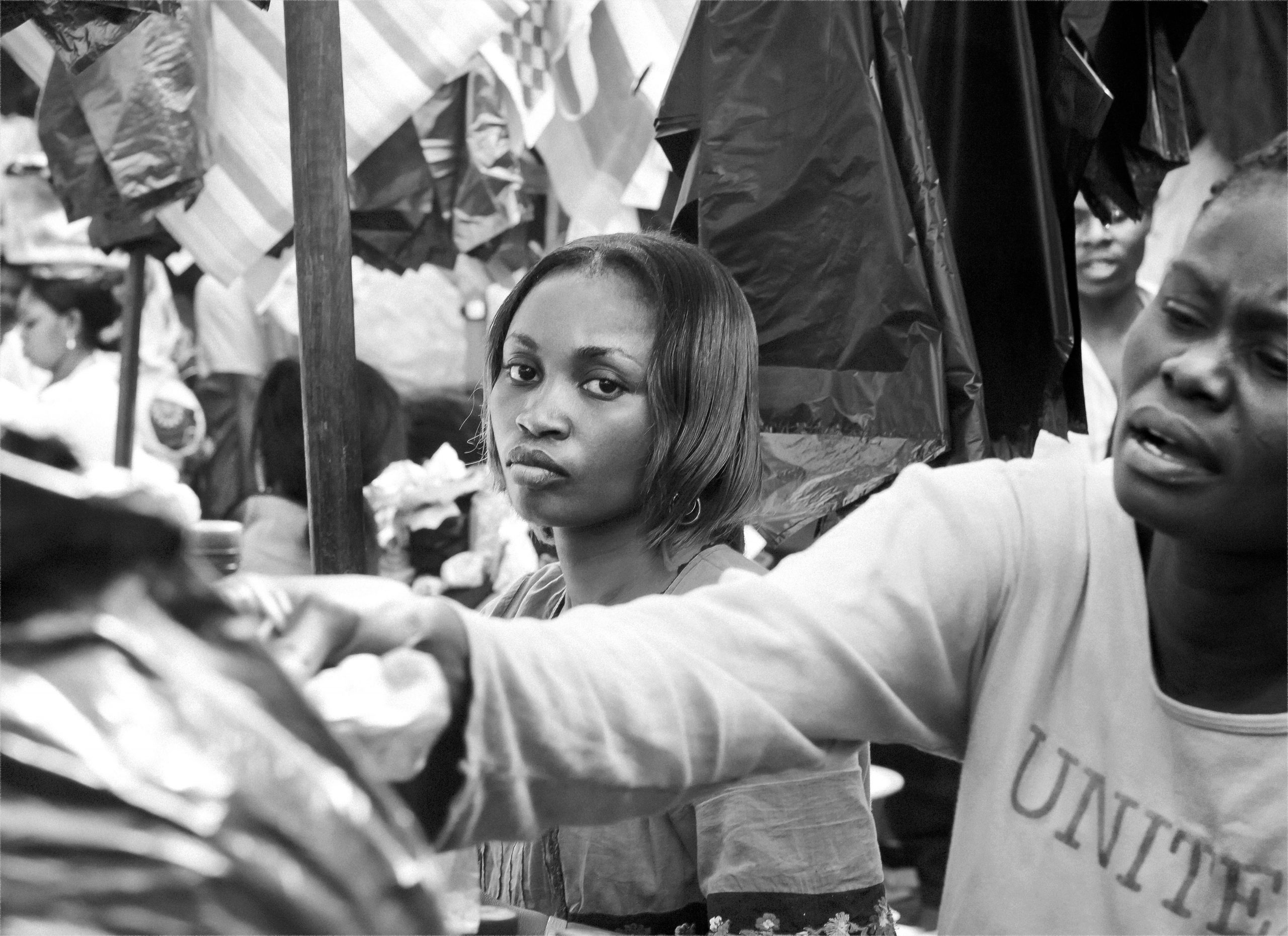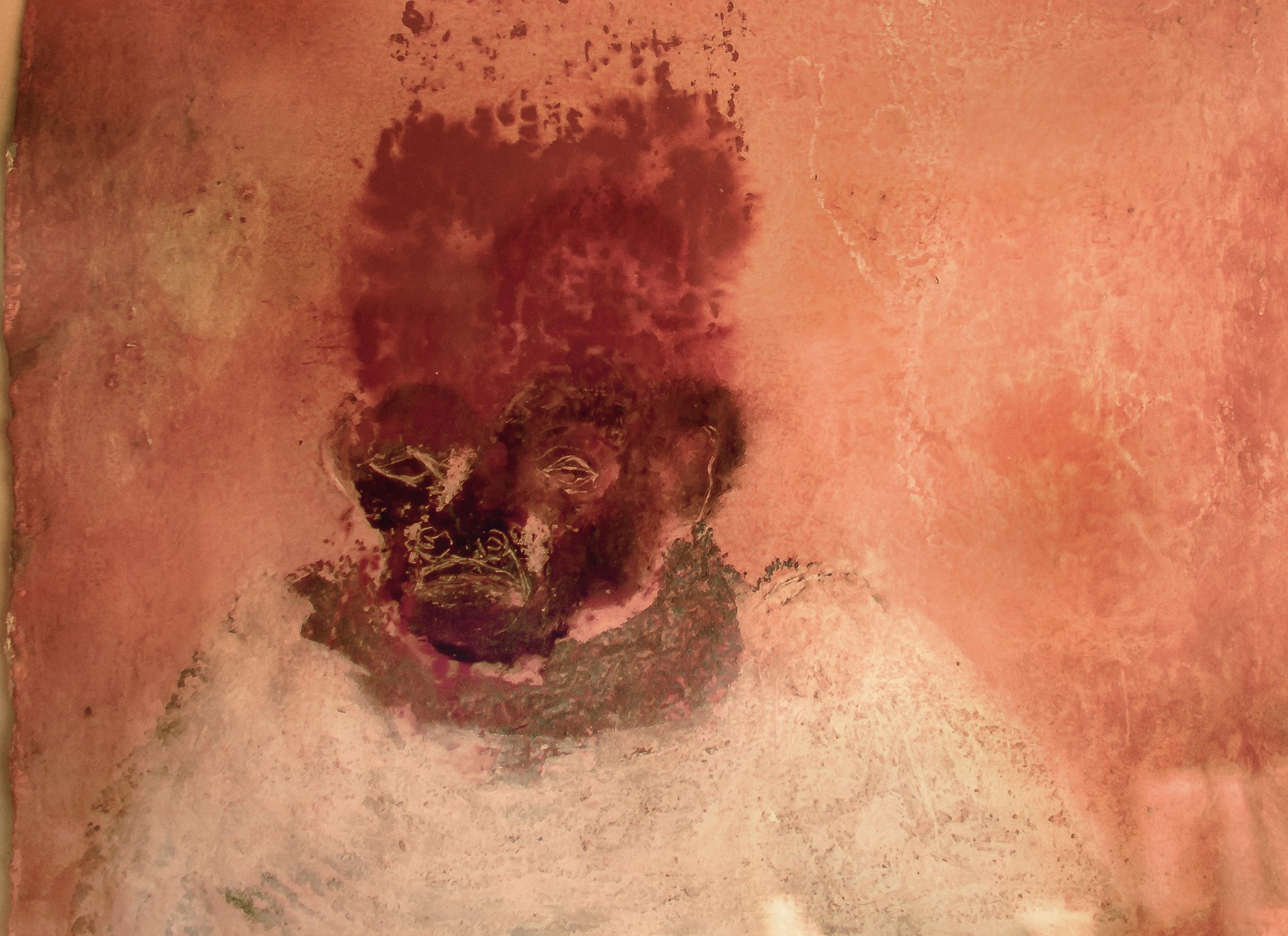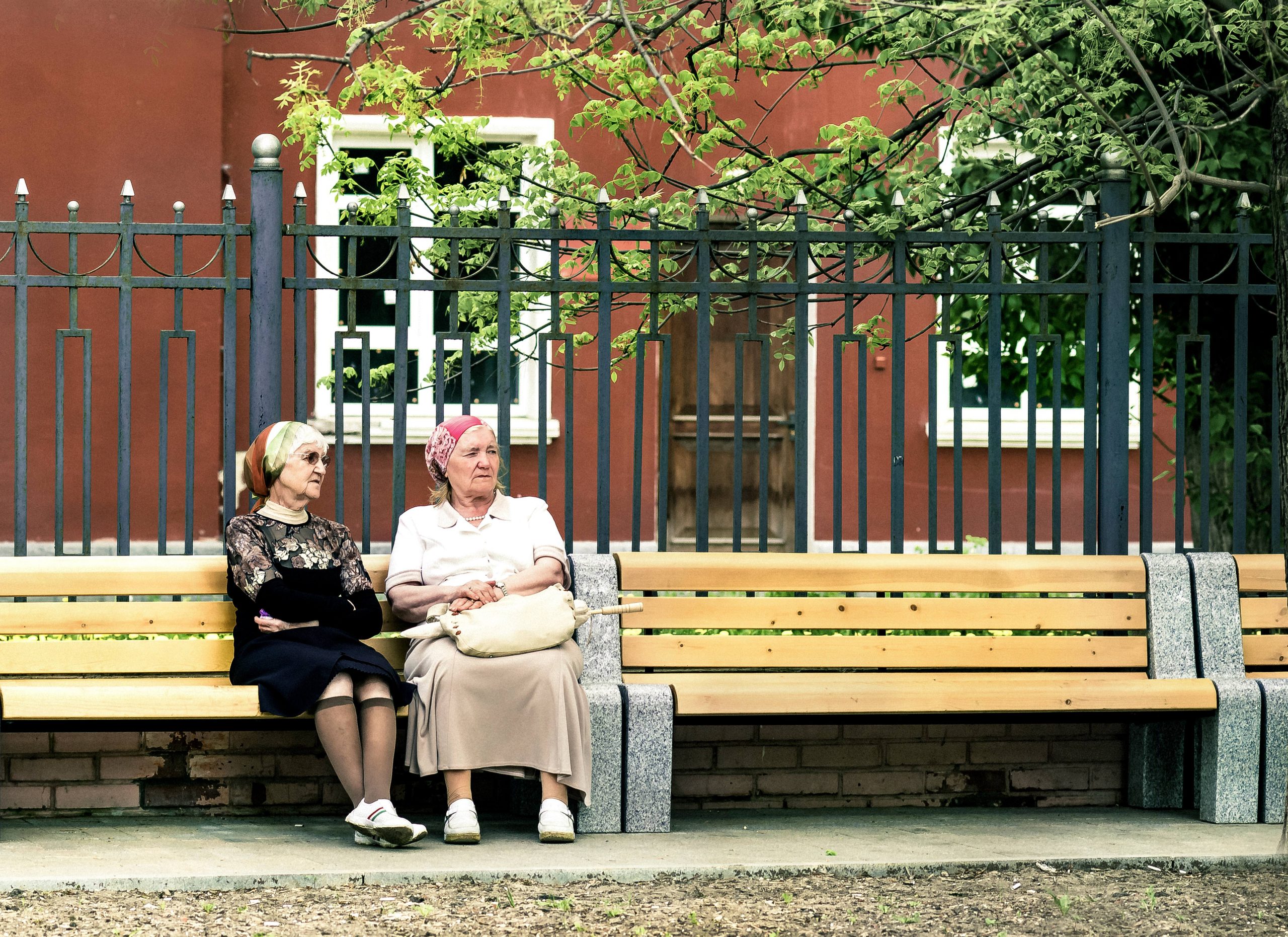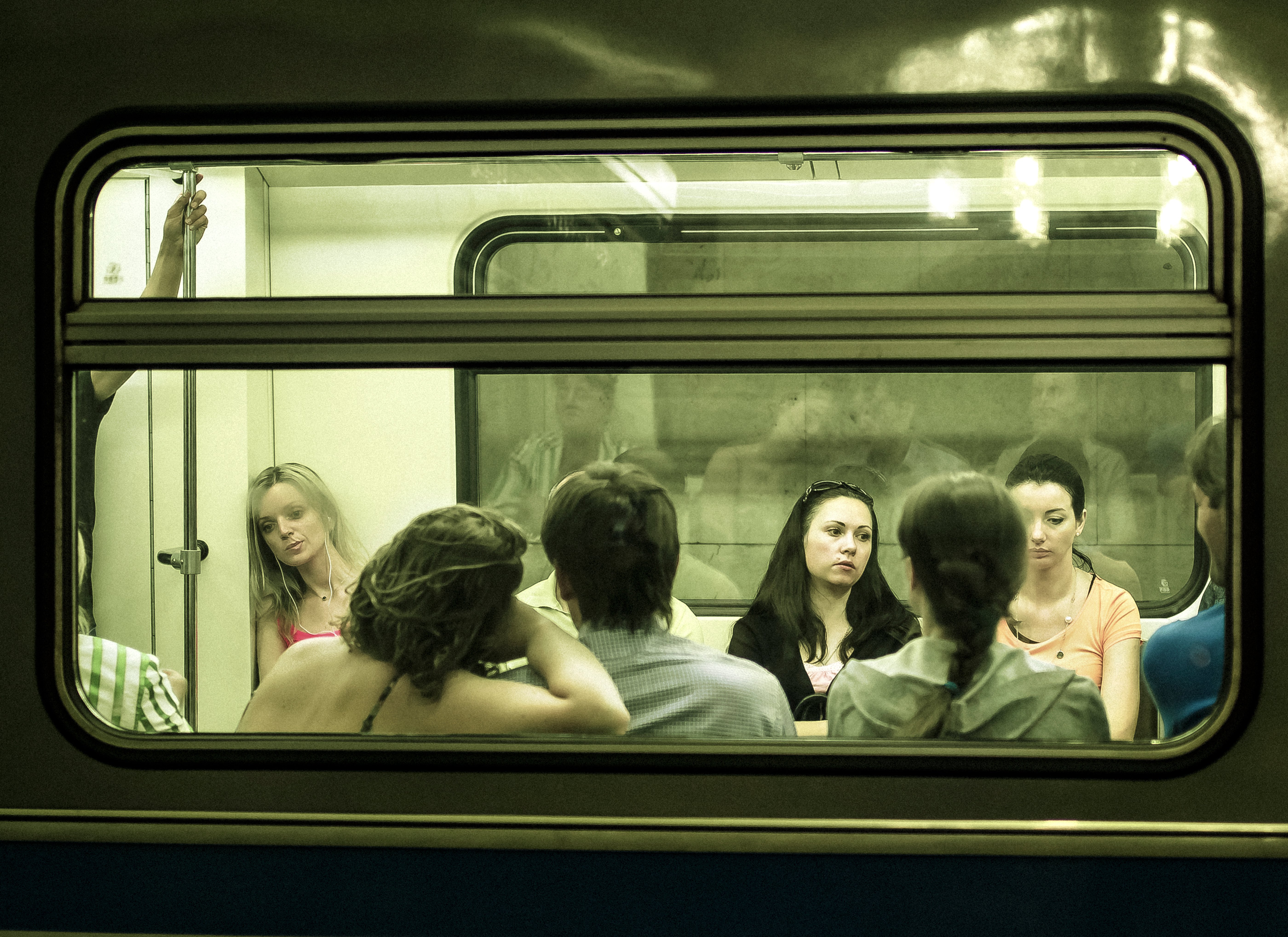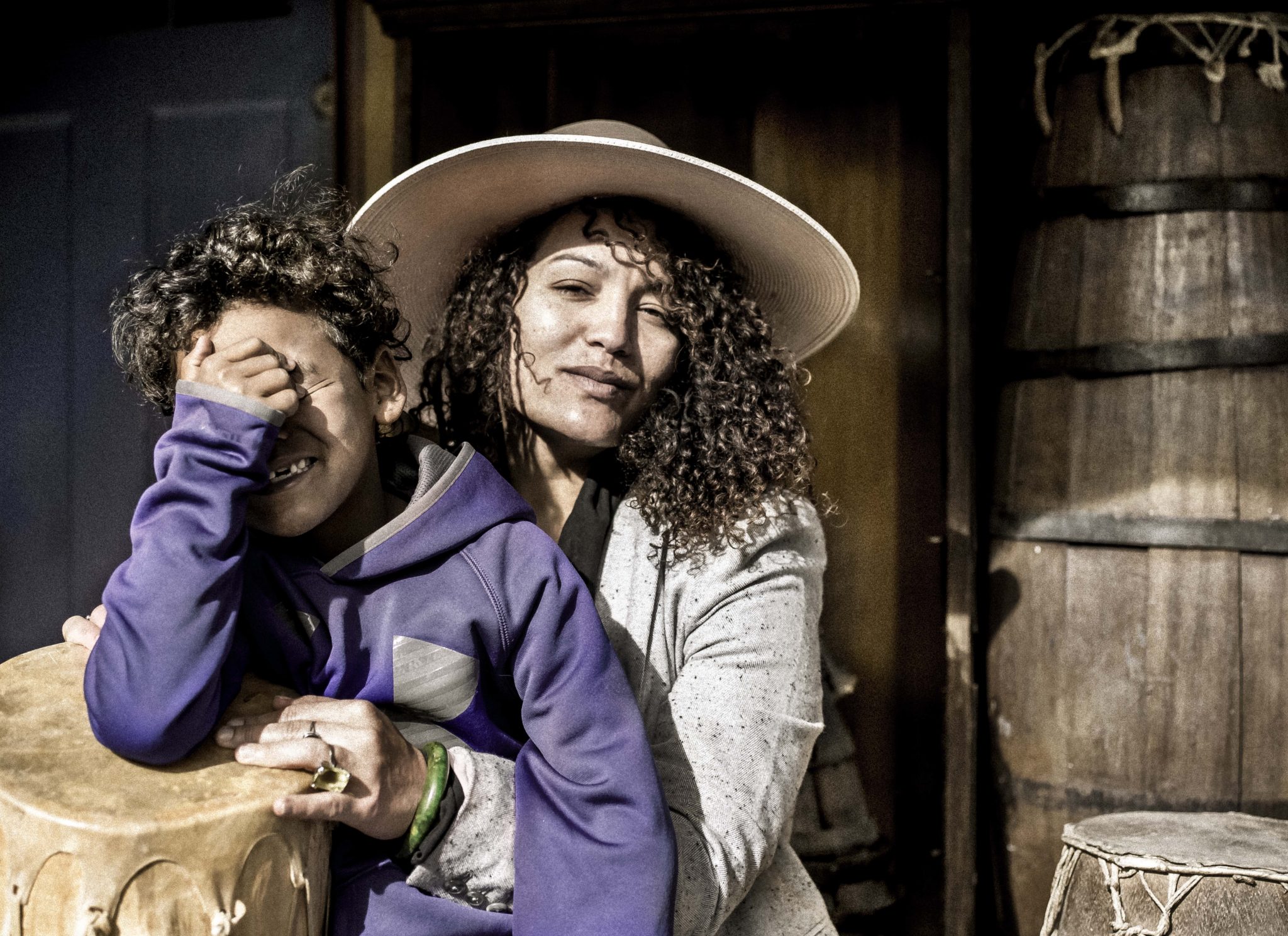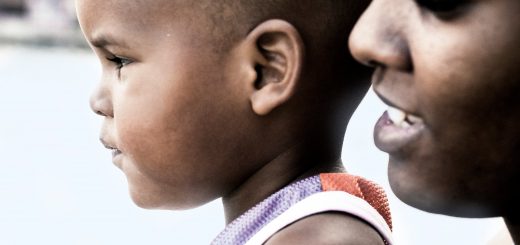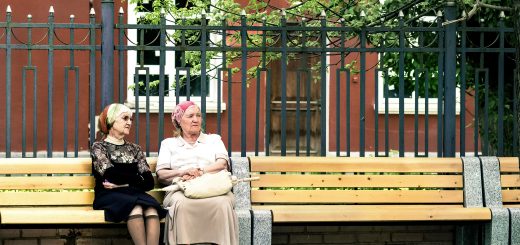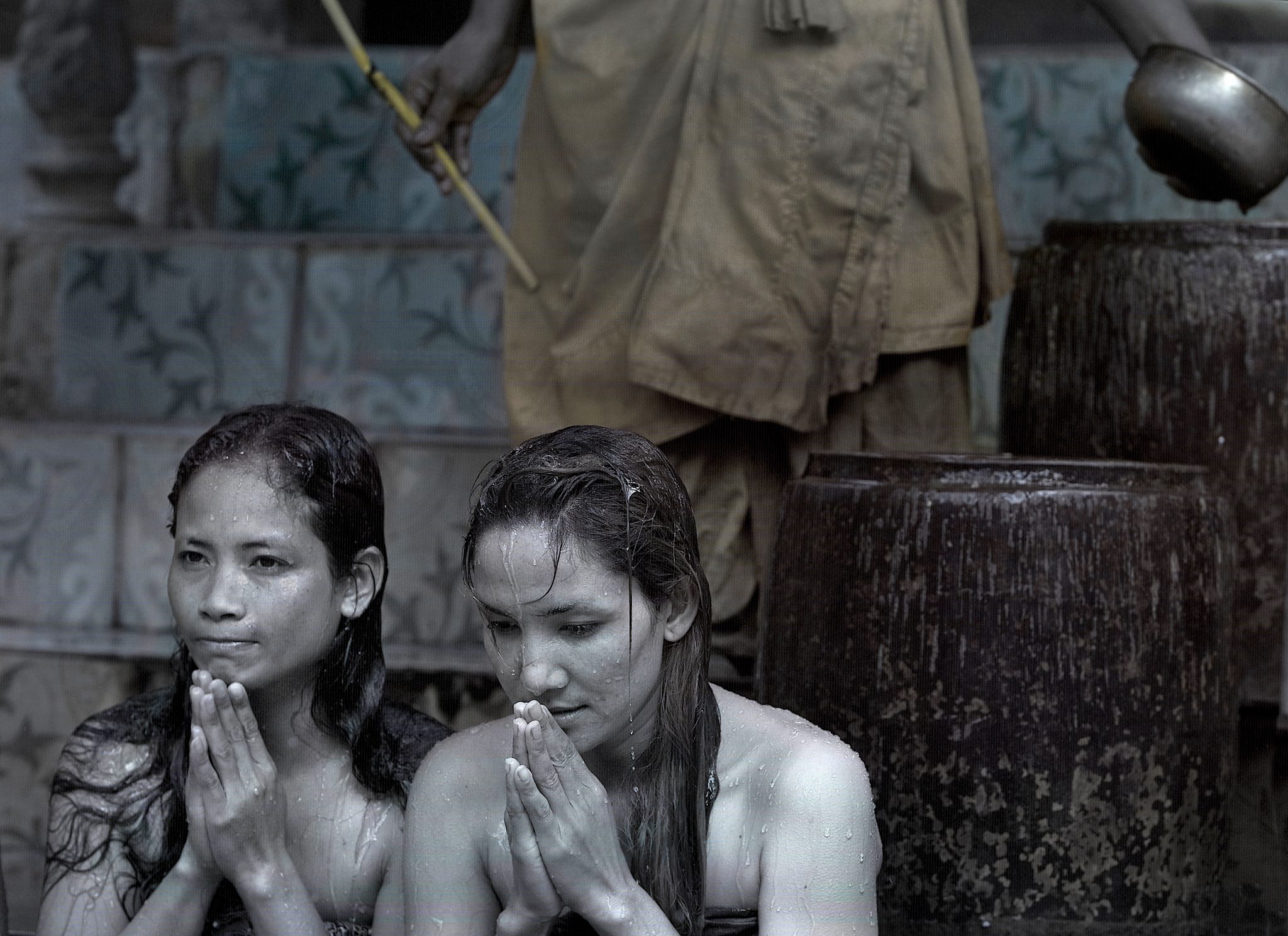
From out of the Trees
Sweet chestnut trees loomed overhead as Sylvere moved along a narrow, stone pathway in the direction of a stone bench. To the west, above the waters of the Atlantic, the sun already had begun its descent in a sky now a deep shade of blue. The end of the day, a long day in late July which the old man probably never would forget, was hotter than he could have imagined.
Beside the stone bench, which occupied one side of a clearing in the middle of the chestnut trees, Sylvere stood on the moist earth. He didn’t see anyone. He didn’t hear a sound. Sunlight burst through seams in the canopy formed by the branches of the trees and their leaves which filled the air ten meters above his head. In some places, the ground was brightly lit. In others, the ground was dark. One half of the bench was illuminated by sunlight. The other half was in the shade. The heightened humidity in the verdant space forced him to concentrate on taking deeper breaths.
Sylvere felt uneasy. Unable to allow himself to sit down and rest his body, he turned, rotating 360 degrees, surveying the wooded area surrounding the clearing. His eyes focused on the patches of sunlight. Next, Sylvere studied the patches of darkness. But he detected no sign of the American journalist, Leon Johns, whom he had met in the much larger nearby park, known as Warande, for which Tervuren was famous.
A different man once more materialized before his eyes, emerging suddenly from Sylvere’s subconscious. The man, Ronald, proceeded to make a confession, revealing he’d made a mistake and now his life was in danger. He shrugged his shoulders, laughing and advising Sylvere not to worry. “I can fix it,” Ronald asserted. However, he could not fix anything, certainly not his fate.
A silence, both heavy and infused with a sensation of helplessness, hung in the air beneath the canopy formed by the tree branches. Sylvere realized the journalist would not appear in the miniature park. It wasn’t safe. Sylvere felt he’d been foolish to follow Robert out of the hotel even though they had gone only a short distance. The bartender, standing 15 meters away in the gloom, appeared nervous.
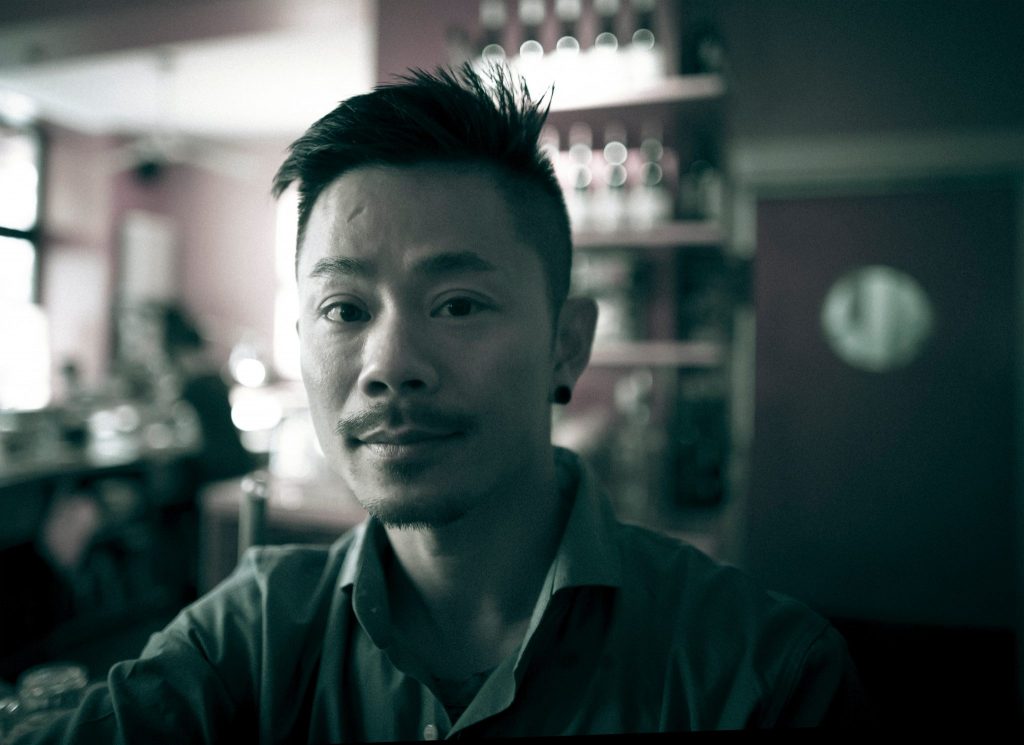
Sylvere had to be decisive. He had to act fast. He turned back to the bench, recalling the text messages from the human-rights activist, Justin Kabumba, in Kinshasa. If Claudette was in Rurimba, a small village on the road between Goma and Rutshuru, as Justin claimed, she obviously was not there by choice. So, who was holding her? What did they want?
Sylvere removed his mobile phone from his pocket. He wanted to call Justin, but the silence of the place, becoming deeper with each passing moment, was ominous. He looked around. He decided on a message to Justin, rather than a phone call.
Intending simply to reply to the last message he had received from Justin, Sylvere opened the WhatsApp platform on his phone and looked for the conversation which Justin already had started. He discovered the conversation was gone and, indeed, all traces of the connection with Justin had disappeared. At that moment, a short text in French appeared on his screen.
“We have killed Dikembe,” the sender declared. “The girl is next. Be advised.”
Sylvere lurched forward onto the dirt next to the bench, causing his head to turn. He detected dark figures at the edge of the parking lot.
The German bodyguard and one of his African counterparts, both of whom had been present in Leuven when Anna held a lunch earlier in the day, stepped onto the stone pathway leading into the chestnut trees. They wore identical uniforms.
Sylvere froze, anticipating the men would continue toward him, find him, and bring an end to his meeting with the American journalist, Leon Johns.
Sylvere backed up slowly, still keeping the two bodyguards in sight while moving to one edge of the clearing partially obscured by a branch from one of the chestnut trees. He felt his body hit a barrier of some kind, realizing he had collided with a thick shrub behind him. At that moment, the German bodyguard spoke in a loud voice. Both he and the other bodyguard now erupted in laughter, moving down the path toward Sylvere.
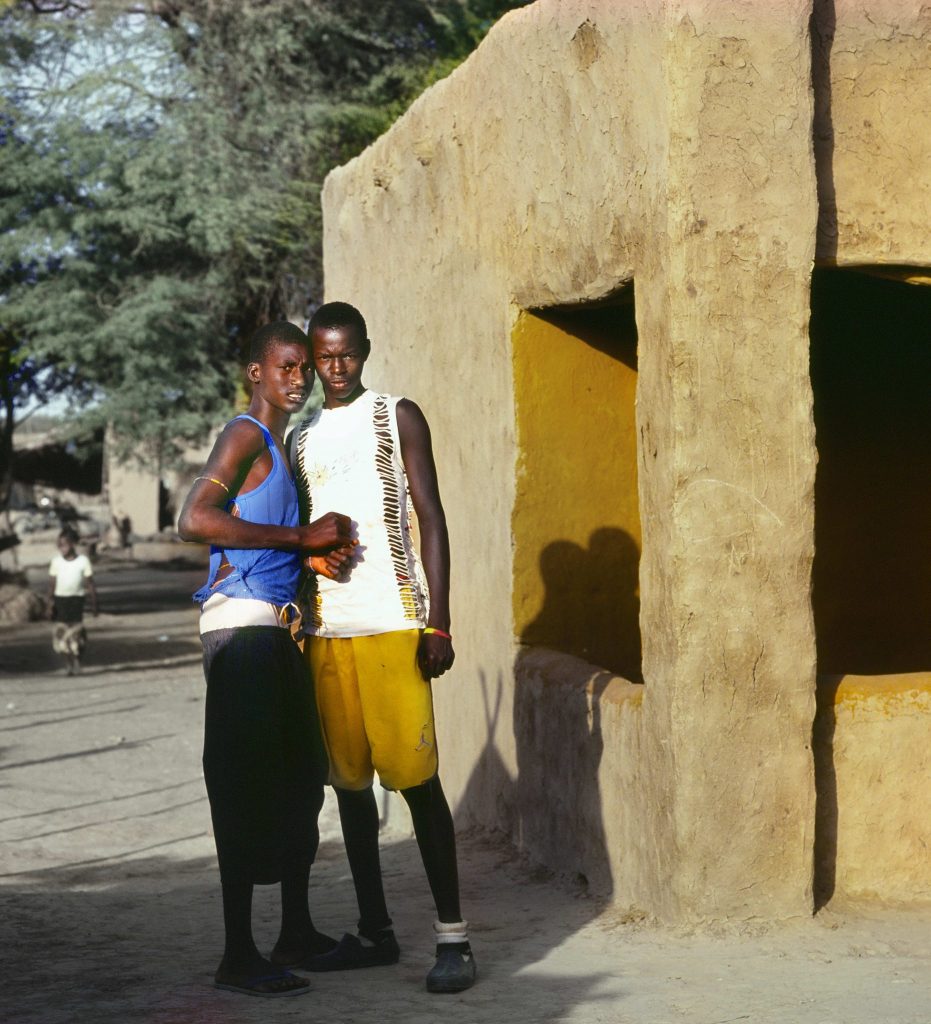
They knew Sylvere was in the trees. He was certain they would see him in a matter of seconds. With one hand, he reached out and touched the eugenia bush. His left arm was bleeding now. With his right hand, still holding his phone, he felt a vibration. Bringing the screen up to his face, he saw a new message.
“This is Leon Johns,” the American journalist wrote in capital letters. “I’m in the hotel. I can see you through the trees. Follow Robert.”
Robert beckoned with one hand. Sylvere, stepping around the eugenia bush, saw another, smaller stone pathway which curved in an easterly direction before leading back to the hotel. He stepped onto it.
Sylvere moved as quickly as he could to keep up with Robert, who was well ahead of him, and to escape the two men behind him. As the pathway curved back to the hotel, Sylvere suddenly found himself in the open; he had moved beyond the cover provided by the chestnut trees. He picked up his pace, almost jogging, to close the gap between himself and the bartender, who already had stepped onto a concrete sidewalk at the base of the hotel. Robert, Sylvere noticed, was reaching for the handle on a windowless door to the building.
“We’re all right, monsieur,” Robert said, speaking in French and holding open the door for the older man as he approached and passed through the opening.
“It’s hot outside,” Sylvere replied in French while leaning over and placing his hands on his knees momentarily before straightening up and peering into the gloom of a stairwell. He realized he felt dehydrated. He remembered he had drunk a large beer a short while before and hadn’t drunk any water recently. “I could use some water,” Sylvere said.
“Of course, monsieur,” Robert replied. “Follow me,” the bartender replied, turning toward the stairs leading upward into the hotel. Sylvere didn’t move. At that moment, he realized the other man was taking him to see Leon Johns, after all, and he was relieved the journalist had simply changed the location of the meeting, not cancelled it entirely. He knew it was important.
***
